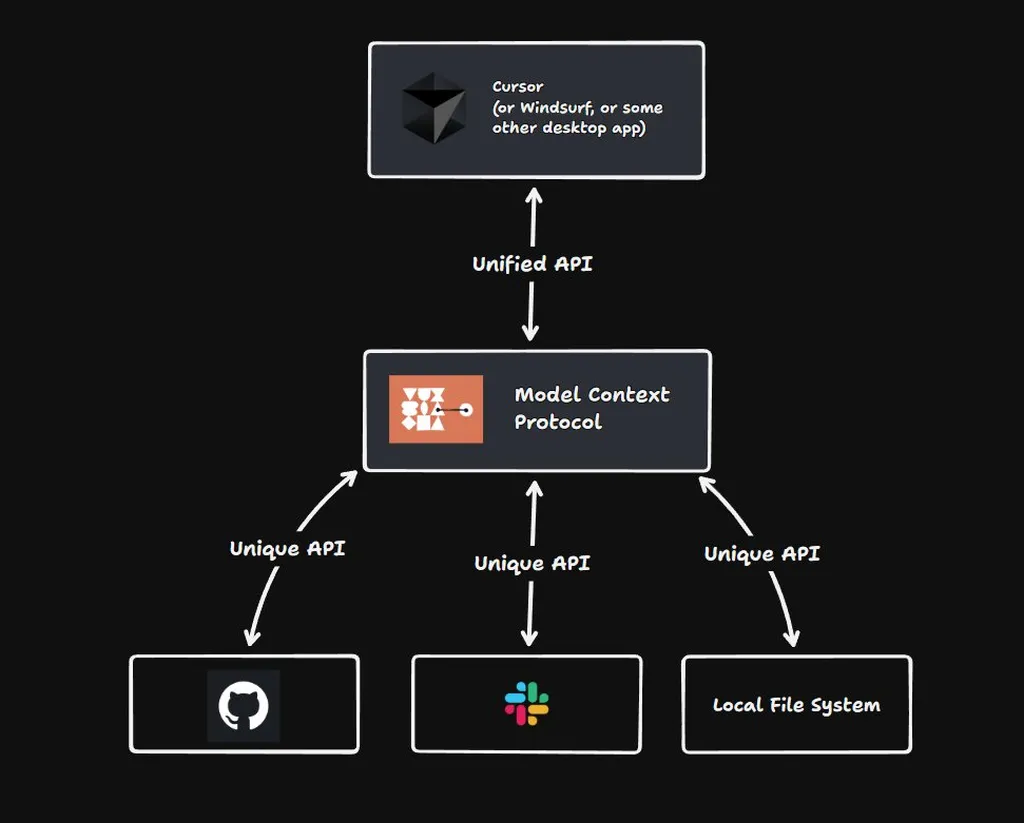In the rapidly evolving landscape of industrial automation, a groundbreaking study from Belarusian National Technical University is poised to reshape how intelligent control systems are designed and implemented, particularly in the energy sector. Led by A. V. Gulay, the research delves into the architectural and functional construction of intelligent control systems, offering a novel approach to data scaling and digitization that could enhance efficiency and precision in industrial applications.
The study, published in *Весці Нацыянальнай акадэміі навук Беларусі: Серыя фізіка-тэхнічных навук* (Proceedings of the National Academy of Sciences of Belarus: Series of Physical and Technical Sciences), introduces a unified framework for digitizing physical values and scaling data within intelligent control systems. This framework is built on the modern paradigm of convergence, integrating technical, algorithmic, and software solutions to streamline the control processes.
“Our approach ensures that each controlled parameter is uniformly depicted and successively converted with a specific set of scales,” explains Gulay. This method involves a comprehensive set of scales that include natural values of measured physical parameters, sensor conversion results, integer-valued binary codes, and real scaled binary numbers. By standardizing these scales, the research provides a robust foundation for digitizing and processing continuous parameters, ultimately enhancing the accuracy and reliability of measurements.
One of the key innovations highlighted in the study is the development of unified algorithms for digitizing direct measurements and converting them into ρ-bit integer-valued binary codes. These algorithms also facilitate the conversion of measured parameters into real scaled binary numbers, which can be depicted in the scale of natural values of physical parameters. This standardization not only simplifies the control processes but also ensures consistency across different measurement paths.
The implications for the energy sector are profound. Intelligent control systems are crucial for optimizing energy production, distribution, and consumption. By implementing the proposed framework, energy companies can achieve more precise control over their operations, leading to improved efficiency and reduced energy waste. For instance, the study’s findings could be applied to hybrid systems of industrial automation, where accurate measurement and control are paramount.
Moreover, the research addresses various operations within the intelligent system, including calibration of indirect measurements, digitizing discrete sensor signals, digital filtration of measurement results, and adjustment of measuring paths. These operations are essential for maintaining the integrity and accuracy of data in industrial settings.
“The consequence of applying convergence provisions is the similarity of morphological construction and schematic uniformity in implementing information processes and control cycles within the systems,” notes Gulay. This uniformity can lead to more streamlined and efficient control systems, reducing the complexity and cost of implementation.
As the energy sector continues to evolve, the need for intelligent control systems that can handle complex data with precision and efficiency becomes increasingly critical. The research conducted by Gulay and his team at Belarusian National Technical University offers a promising solution that could shape the future of industrial automation. By adopting these innovative approaches, energy companies can enhance their operational capabilities, ultimately contributing to a more sustainable and efficient energy landscape.

